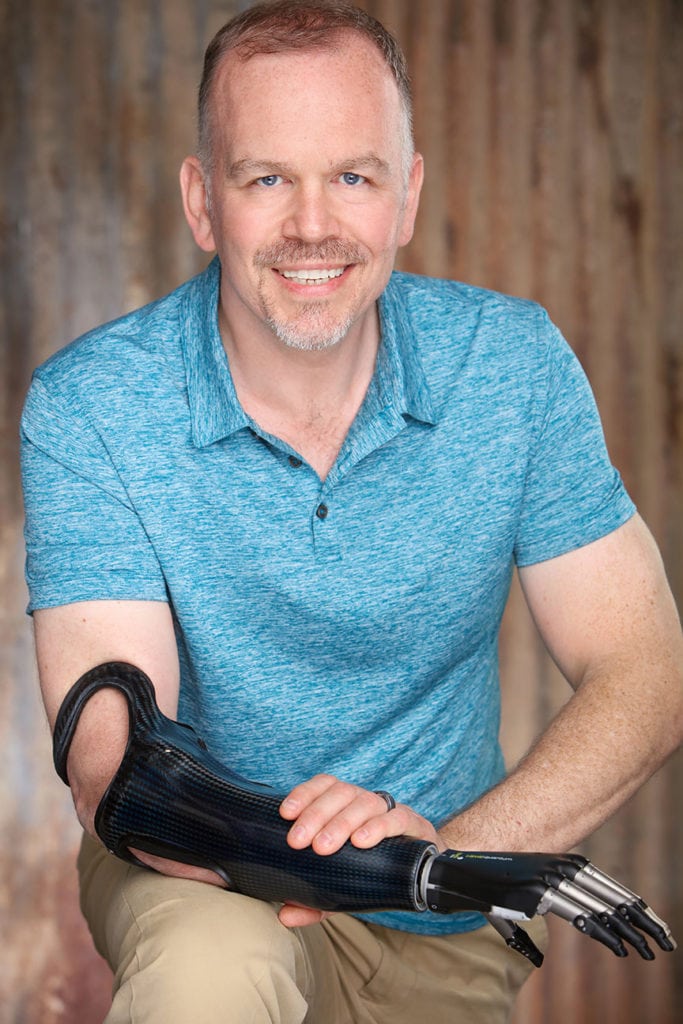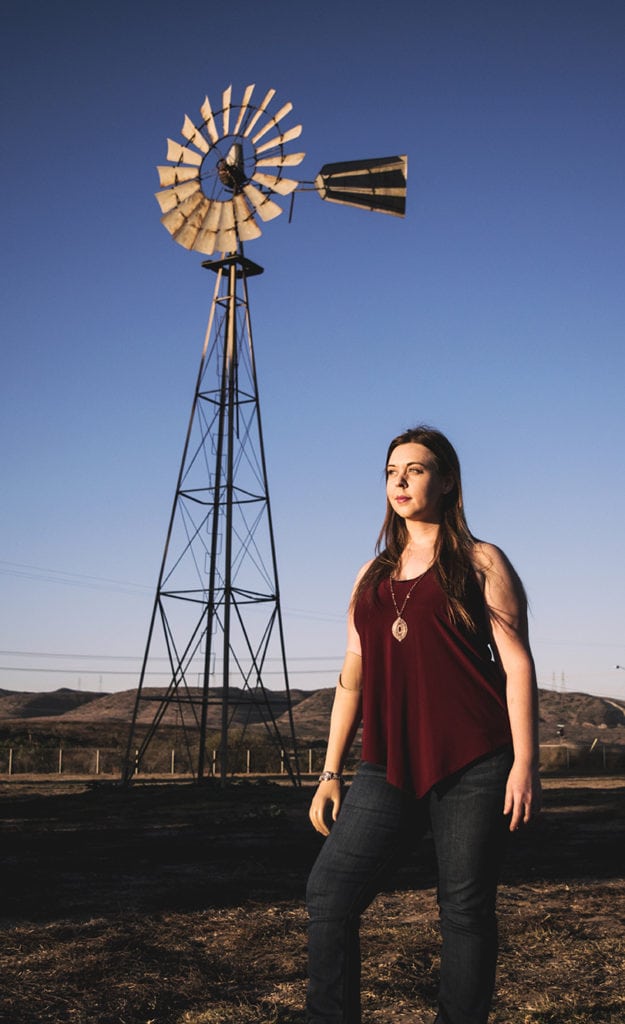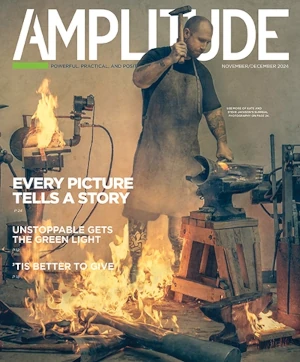[cmsmasters_row data_shortcode_id=”rtm5lwvtvg” data_padding_bottom_mobile_v=”0″ data_padding_top_mobile_v=”0″ data_padding_bottom_mobile_h=”0″ data_padding_top_mobile_h=”0″ data_padding_bottom_tablet=”0″ data_padding_top_tablet=”0″ data_padding_bottom_laptop=”0″ data_padding_top_laptop=”0″ data_padding_bottom_large=”0″ data_padding_top_large=”0″ data_padding_bottom=”50″ data_padding_top=”0″ data_bg_parallax_ratio=”0.5″ data_bg_size=”cover” data_bg_attachment=”scroll” data_bg_repeat=”no-repeat” data_bg_position=”top center” data_color=”default” data_bot_style=”default” data_top_style=”default” data_padding_right=”3″ data_padding_left=”3″ data_width=”boxed”][cmsmasters_column data_width=”1/1″ data_shortcode_id=”8ql8mul3tl” data_animation_delay=”0″ data_border_style=”default” data_bg_size=”cover” data_bg_attachment=”scroll” data_bg_repeat=”no-repeat” data_bg_position=”top center”][cmsmasters_text shortcode_id=”cauaslwijm” animation_delay=”0″]
Including actors with disabilities in productions related to disabilities is a hot topic in the media. Some of that heat comes from a statement by Jay Ruderman, president of the Ruderman Family Foundation, published on the foundation’s website: “The casting of Jake Gyllenhaal as the lead in the movie Stronger is the perfect example [of] Hollywood’s ongoing systemic discrimination against actors with disabilities.” Stronger follows the story of Jeff Bauman, a double amputee victim of the 2013 Boston Marathon bombings.
[/cmsmasters_text]
[cmsmasters_sidebar shortcode_id=”bxj5ge6hyp” sidebar=”adbutler-leaderboard”]
[cmsmasters_text shortcode_id=”e5wm38rdi” animation_delay=”0″]
Denouncing director David Gordon Green’s casting choice for the lead before the movie’s September 2017 release, Ruderman went on to suggest that the practice was indicative of Hollywood’s misconception that a famous actor’s name is necessary for box office success.
Rewind the reel to 1999. Recognizing a niche to be filled, certified prosthetist Al Pike founded Amputees in Hollywood and became a connection between amputee actors and casting directors; however, even with hundreds of amputees signed up, he noticed that only a few would actually apply for roles.
“Many wanted to be a part of Amputees in Hollywood…[yet] many casting calls received for an amputee went unfilled,” says Pike. “This is the [cultural stigma attached to disability] in the United States and the reason Hollywood turns to non-amputees. When you put out a casting call and no one answers, what choice do you have?”

But is it really as simple as a lack of amputees willing to break these stigmas? Kimberley Barreda, owner of Mediability.pro and IMAGE Management (a talent directory and marketing promotions agency for people with disabilities based in Whitefish, Montana), says filling a casting call with an amputee, and not an able-bodied actor, is dependent upon many factors, not just the fact that he or she is an amputee. As a double above-knee amputee who’s had a successful modeling and acting career with an extensive client list that includes Eaton’s, The Bay, McDonald’s, and many others, she knows.
“The reasons, to start, are a combination of proximity, lack of talent, lack of experience, and they don’t suit the role,” Barreda says. “Sometimes there are production issues involved. If you live in Sarnia [Ontario, Canada] and they are filming in Los Angeles, Seattle, Chicago, New York City, Toronto, Vancouver, Montreal, or other major North American markets, then you’re not going to get a role unless you can hop on a plane on a moment’s notice.”
Barreda continues: “I will say I disagree with this strategy of ‘Hire them because they’re amputees, not because they are talented, capable performers’ completely. This is all about business and being professionals in an industry that demands it. If you don’t have an agent, have never acted before, never modeled, taken no classes, have no photos or reels, you don’t have the tools you need. There are many amputees and other disabled people who have wildly successful careers because they are professionals who put time and energy into their craft…. Everyone wants to be a star, but not everyone has the skills or wants to take steps to earn it.”
Like the practice of whitewashing, in which white actors are used in non-white roles, Hollywood has a history of hiring able-bodied actors to portray protagonists who have disabilities, such as in 127 Hours, Blind, and Soul Surfer; however, while it may appear that the opportunity for employing actors with disabilities is overlooked, in some cases the actors themselves do not see it that way.
Jonathan Cowley, a right above-wrist amputee since 2014, fell into acting by happenstance when he learned his prosthetist in Los Angeles also made prostheses for the movie and television industry. His prosthetist, a below-knee amputee, was asked to work on an episode of Grey’s Anatomy and invited Cowley to tag along. Cowley was then signed as an extra with Central Casting.
“Although I would like to see real amputees being cast in lead roles, I do understand the reason for studios casting big-name actors to draw box office numbers,” says Cowley. “I recently worked on a production, Notorious Nick, based on the true story of Nick Newell, who is an American mixed martial artist with a congenital amputation of his left arm. I was playing the role of Jim Abbott, a former MLB pitcher with a congenital amputation of his right arm. I was acting opposite Cody Christian of Teen Wolf who was playing Nick. Although Cody’s not an amputee, the commitment, research, and passion he displayed in his portrayal confirmed to me that he was the right man for the job.”
He continues: “Although my disability results in me playing a veteran or hospital patient often, there is absolutely no reason why I couldn’t be cast as a loving father, or a special agent, or an officer in the army. I have been cast in roles that didn’t specify that they didn’t want an actor with an amputation, so I submitted myself for the role, and on occasion, I have been pleasantly surprised.”
For 34-year-old Mandy Pursley of Oceanside, California, acting feels about as natural as her congenital limb difference. Born missing her right arm below the elbow, Pursley has had a lifetime of adjusting to challenges and learning to embrace her difference. With a college major in theater, she discovered potential employers outside of academia to be “much less progressive toward disabled actors.”
Deciding to focus on voiceover work, it wasn’t until later that Pursley discovered Amputees in Hollywood and Mediability.pro. After answering a casting call, meeting with the director, and receiving a callback, Pursley landed her first Hollywood role in The Bad Batch, acting a scene with Jason Momoa and alongside actors Keanu Reeves, Jim Carrey, and Suki Waterhouse.
“As an amputee, I have mixed feelings when I see actors faking a disability on-screen,” she says. “Getting authentic representation in the media is long overdue; having roles which feature an amputee at all does show a great deal of progress…. We are starting to see much more representation in the media, which is an important first step. Writers and directors are beginning to see that diversity is good for business because people want to see themselves represented in the media they consume. The next step, which the industry is just starting to implement, is to seek authenticity by hiring real amputees for these roles. There may not always be an amputee who perfectly fits the director’s vision, but it’s vital that authentic actors be given a chance to prove their talent before an able-bodied actor is chosen.” Advocating for yourself isn’t easy, Pursley says, particularly if you’re fighting the mindset that faking disability is acceptable. And how does Pursley feel about her Bad Batch handle, Junkyard Amputee Woman? “It’s a common naming convention,” she says, “but it does go back to the issue that roles for amputee actors are often one-dimensional and centered around the disability in some way.”

Echoing Cowley’s sentiments, Pursley hopes to see more amputees in roles that represent reality. “I would love to see amputees being cast as the perfectly ordinary mom, teacher, or best friend, just as we are in real life.”
Despite controversy over inclusion and authentic representation, the horizon does appear to be getting brighter. Actor Anthony Jennings, from Burbank, California, was born with amniotic constriction band syndrome, which required the amputation of his left leg below the knee following birth. Jennings’ love of acting was sparked in elementary school when he answered an audition call for a high school production. “I was one of the mice in Cinderella,” recalls Jennings, “and a townsperson. It was awesome. I cried when it was over and said, ‘I want to do more of this!’”
Jennings’ early teen years found him working at a Drop Zone packing parachutes, skydiving, and making skydiving videos, further fueling his passion for film. After winning a scholarship for a skydiving film he entered in a festival competition, Jennings decided to enroll in The Art Institute of California—Los Angeles, moving from his childhood home in Oregon to California.
A random invitation to audition for a scene as a featured extra in the war veteran-based television series American Dreams came from his then-neighbor. This ultimately opened the door to a future in television and film. He continues to land guest and co-star roles, including recurring roles in shows such as Training Day and Mr. Robot. “I’ve [also] been the guy they use when they’re doubling over for when someone loses a leg,” says Jennings. “I enjoy the amputee roles because I feel like it advocates.”
On the flip side, Jennings has portrayed able-bodied characters. “I’ve had awesome success and been in lots of roles where I haven’t been an amputee, just been regular characters.”
What then of the inclusion argument? “I think as an actor you’re supposed to try and adapt to all sorts of roles,” says Jennings. “I’ve played people in wheelchairs. I’ve played people with both their legs. And so, it’d be kind of weird and strange and unfair to limit myself to only being an amputee or only allowing an able-bodied actor to be a non-amputee. So, it’s got to work both ways; and I encourage people in trying to portray all sorts of things, whether it be disabilities, whether it be, you know, mental illness, emotional issues; that’s our job as actors—to create these characters, and to work through these characters to portray a story, a narrative that we feel is accurate. I like when I see people do a good job at this.”
— WORDS Elizabeth Bokfi
curious?
Jonathan Cowley
Look for Cowley in Notorious Nick and Backseat this year.
Mandy Pursley
www.youtube.com/watch?v=P-HA9C5Xskc
Anthony Jennings
www.youtube.com/watch?v=AriS9qUrUmU
Captions:
A move to attend the art institute of california-los angeles ultimately launched jennings’ acting career.
Image by Kyle Akin.
[/cmsmasters_text][/cmsmasters_column][/cmsmasters_row]



